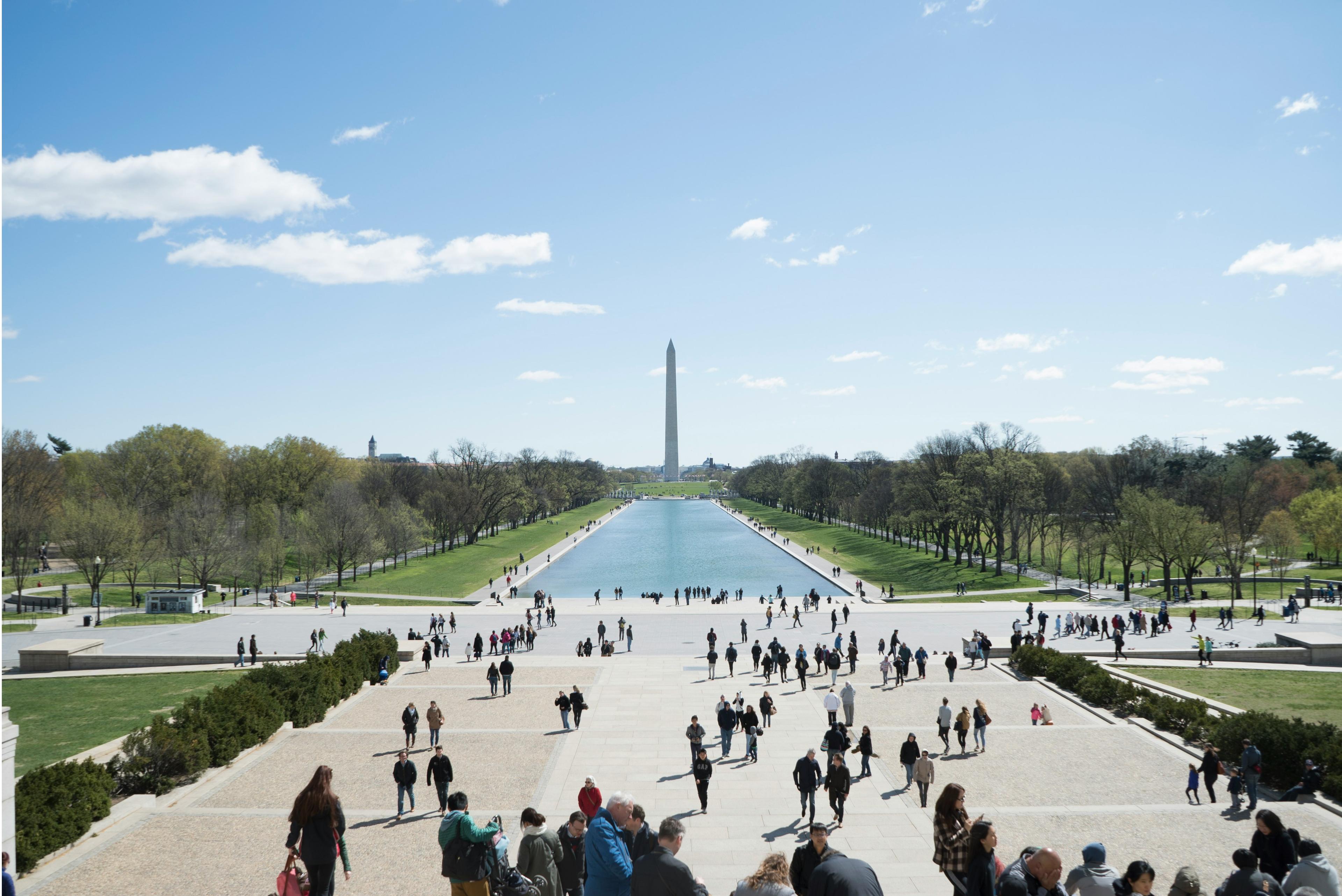
One of the most impactful factors for the cryptocurrency sector is rooted not in market trends, but in the political landscape.
Trump’s supportive stance towards cryptocurrency has certainly made news, but the genuine impetus for banks and other financial entities is likely tied to a Republican majority in Congress, as most of his commitments would necessitate legislative endorsement. With robust Republican support and increasing bipartisan cooperation, the advent of crypto-friendly legislation would become significantly more feasible.
Central Developments
Two key developments are pivotal to this evolution: dismantling the SEC’s SAB 121, which has sidelined much of the financial sector, and the introduction of the Bitcoin Act of 2024, which proposes a national bitcoin reserve.
Revocation of SAB 121
SAB 121 is a controversial accounting guideline that has placed compliance demands on banks, dissuading them from providing services like cryptocurrency custody—despite an escalating demand from both customers and potentially the banks themselves. Eliminating SAB 121 would alleviate a significant impediment for banks, permitting them to provide crypto custody services and branch out into staking and other yield-generating offerings. This change may parallel the transitions observed in the ETF market, where institutional participation dramatically alters competitive dynamics.
Notably, this could empower banks to maintain their asset management, preserve clients, and grow their share amongst existing customers interested in crypto while appealing to a younger demographic of crypto enthusiasts.
The Bitcoin Act of 2024
Additionally, Trump has indicated intentions to advocate for the Bitcoin Act of 2024, which aims to establish a strategic stockpile of bitcoin as part of the U.S. Treasury’s reserves. Similar initiatives are gaining traction in Brazil, and states such as Pennsylvania have already introduced their own bills for bitcoin reserves. If enacted, this would fully validate bitcoin’s status as a safe-haven asset, with potential market impacts that could fundamentally modify how central banks and corporate treasurers strategize their asset allocations.
Political figures like Senator Cynthia Lummis suggest that the Federal Reserve should consider reallocating a portion of its gold reserves to bitcoin, thus potentially reducing the disparity between bitcoin’s $1.9 trillion market capitalization and gold’s $17.7 trillion.
Trump’s Broader Goals
Trump’s overall agenda also includes eliminating banking restrictions associated with Operation Choke Point 2.0, which allegedly debanked over 70 cryptocurrency firms, according to investor Marc Andreessen.
Meanwhile, Trump’s opposition to a Federal Reserve-issued central bank digital currency (CBDC) aligns with Republican efforts to safeguard privacy through legislative measures such as the CBDC Anti-Surveillance Act, which seeks to prevent the Fed from implementing a CBDC without Congressional consent.
The resolution of whether the U.S. can shift from being a regulatory laggard to a legislative frontrunner remains to be revealed. However, the prospects are evident: the U.S. is the world’s largest financial market and holds substantial potential to catalyze significant alteration and development within the cryptocurrency economy.


